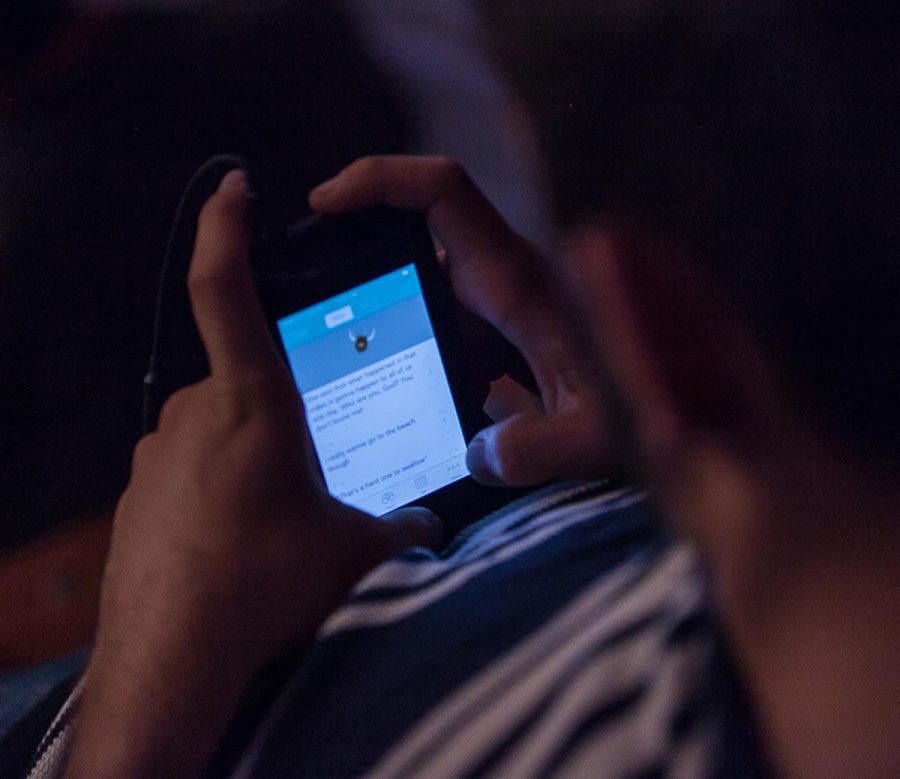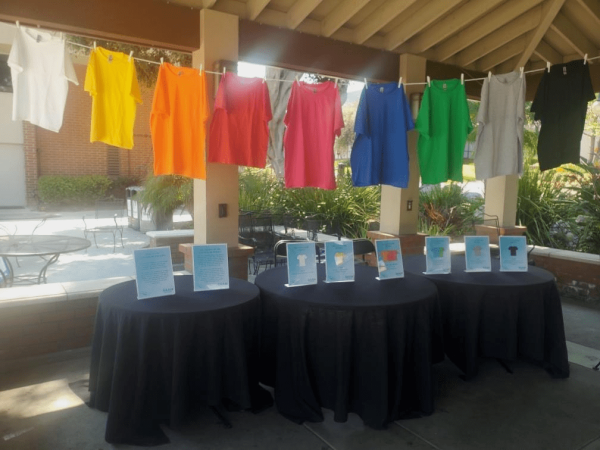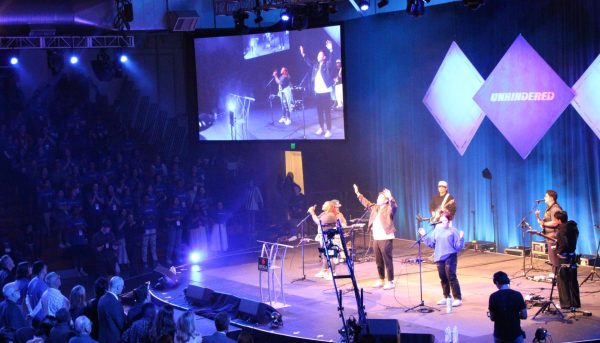Biola faces issues with popular anonymous app
Concerns regarding use of the popular app Yik-Yak on campus continue to be raised at Biola.
October 27, 2014

Student Development and Residence Life urge students to reconsider how they use Yik Yak, as college campuses across the nation discuss banning the app.
Public universities in New Mexico and Vermont have taken steps to disallow the use of the app on their campuses, while many others have yet to make a decision, according to an article in USA Today. However, Student Development does not seem to think that banning the app will prove effective, according to Beth Tabor, associate dean of student development. The issue lies with how students utilize the app rather than the app itself.
“I don’t necessarily want to control an app, I want [student’s] choices to be different,” Tabor said.
DAMAGED REPUTATIONS
Yik Yak has posed various problems among residents as students use the platform to vent about their peers, resulting in stressed relationships.
“It definitely gets in the way of what I would say, skillful communication,” said senior philosophy major John Vogel, a Horton resident assistant.
However, the problems become more serious than complaining about roommate problems when they involve damaging students’ reputations. In Horton, particular incidents included specifying a room that supposedly offers sexual favors or drugs, but room inhabitants told the resident assistants that they were unaware of the claim, Vogel said. Given the anonymity of the app, residence staff are unable to verify or disprove the claims and are forced to rely on their personal knowledge of the individual.
“It damages their reputation immediately and they have no control over it,” Vogel said.
These situations have more dangerous implications than students realize, Tabor said. When students post these types of claims, potential predators have the ability to see them as well.
The app poses as one of many problems that Residence Life faces, so their focus is not solely on this issue due to the temporary nature of apps’ popularity.
”It’s going to fade. Everything fades, and everything gets trendy for awhile and then goes away,” said Jessica Sanchez, Horton resident assistant.
ADMINISTRATIVE ACTION
Other universities have taken a firmer stance after instances of bullying and threats against other students. At Towson University in Maryland, a student was arrested after threatening an attack he compared to the Virginia Tech shooting in 2001, which left 32 dead.
In response to comments on Yik Yak, the president of Norwich University in Vermont blocked use of the app on university internet connection.
“He took this action in an effort to protect Norwich students and to demonstrate that bullying in any form is not tolerated at Norwich university,” said Daphne Larkin, assistant director of communications at Norwich university.
Since the banning of the app, there have been no incidents that she is aware of, Larkin said.
Student Development at Biola seeks to respond in a manner that addresses the root of the problem, rather than the app by itself. However, the staff is still unsure of how to handle this issue in an effective manner, Tabor said.
“We care more about the character and the heart, and if we eliminate it there will be something else,” Tabor said.







